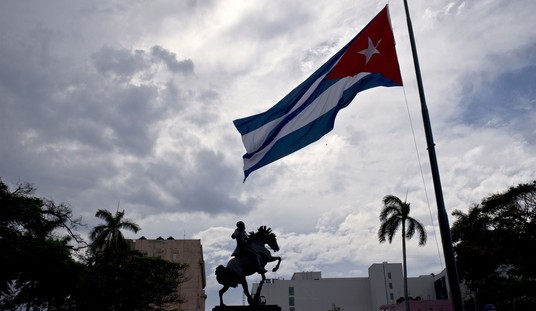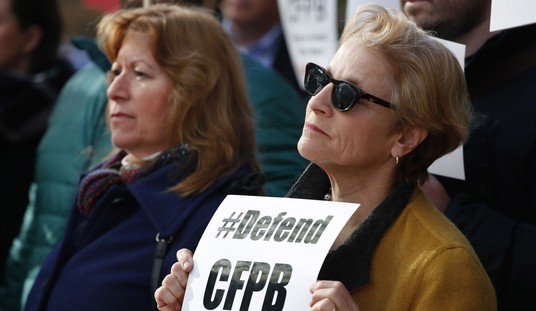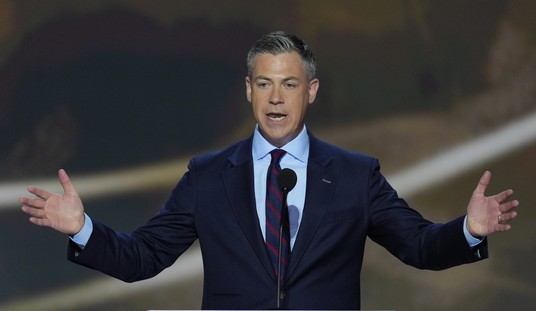In a significant ruling with constitutional implications, a three-judge panel on the U.S. Court of International Trade has struck down a broad set of tariffs imposed by President Donald Trump earlier this year. The court found that the administration’s actions exceeded the statutory limits of the International Emergency Economic Powers Act (IEEPA), and, in doing so, violated the Constitution’s separation of powers.
The ruling is a decisive pushback against the use of emergency declarations to bypass congressional authority on trade, and it places new judicial limits on how far future presidents can go in using IEEPA as a tool for tariff policy.
Two Tariff Programs, One Core Problem
The court reviewed and ultimately invalidated two related tariff programs:
- Trafficking Tariffs: These included 25% duties on imports from Mexico and Canada and 10–20% on Chinese imports. The White House justified them as part of a national emergency response to international drug trafficking and cartel activity.
- Worldwide and Retaliatory Tariffs: A blanket 10% duty on all U.S. imports, with enhanced rates (up to 50%) targeting 57 countries. These were tied to a separate emergency declaration citing long-standing trade deficits and lack of tariff reciprocity as threats to U.S. national security.
While the factual justifications differed, the legal question in both cases was the same: Does IEEPA give the President this kind of unilateral authority to set tariffs?
The court said no.
The Statutory Limits of IEEPA
The judges emphasized that IEEPA was never intended to serve as a backdoor for economic policymaking.
“The President’s assertion of tariff-making authority in the instant case, unbounded as it is by any limitation in duration or scope, exceeds any tariff authority delegated to the President under IEEPA," the judges wrote in their ruling. "The Worldwide and Retaliatory tariffs are thus ultra vires and contrary to law."
Passed in 1977, the law gives the President limited authority to regulate specific types of international economic activity during times of genuine national emergency. But it also includes clear constraints: any action must be tied to an “unusual and extraordinary threat” that originates outside the U.S., and any measures taken must directly address that threat.
READ MORE: Trump Has 'Very Nice Call' With EU Commission President, Changes Tactics on 50 Percent Tariff
The court found that both sets of tariffs failed on those grounds.
In the case of the Worldwide and Retaliatory Tariffs, the emergency declaration cited trade deficits and imbalances—concerns that the court said are not “unusual and extraordinary” within the meaning of IEEPA. Moreover, Congress has already legislated a specific framework for addressing such issues through Section 122 of the Trade Act of 1974, which places strict limits on presidential authority to impose balance-of-payments tariffs.
As for the Trafficking Tariffs, the court accepted the President’s framing of a real international threat but found that the tariffs themselves did not “deal with” the threat as the statute requires. Instead, the tariffs were used to pressure other governments into changing their enforcement behavior—a use of leverage that the court said did not meet the statutory standard.
Constitutional Issues: Separation of Powers, Not Trade Policy
While the case centers on tariff actions, the broader implications are constitutional.
The power to impose taxes and duties—including tariffs—belongs to Congress under Article I, Section 8 of the Constitution. Delegating some of that authority is allowed, but only with clear limits. The court found that interpreting IEEPA to allow for wide-open tariff authority would run afoul of both the nondelegation doctrine and the major questions doctrine, which prevent the executive from assuming lawmaking power on matters of major national significance without a clear directive from Congress.
The court stated plainly: “We do not read IEEPA to delegate an unbounded tariff authority to the President.”
What Comes Next?
The court granted summary judgment to the plaintiffs, which included small U.S. businesses and twelve state governments. All challenged tariffs were vacated, and the federal agencies responsible for collecting them were permanently enjoined from further enforcement.
It appears as though the Trump White House wants to fight the ruling.
"It is not for unelected judges to decide how to properly address a national emergency," White House spokesperson Kush Desai said in a statement in response to the ruling. "President Trump pledged to put America First, and the Administration is committed to using every lever of executive power to address this crisis and restore American Greatness."













Join the conversation as a VIP Member